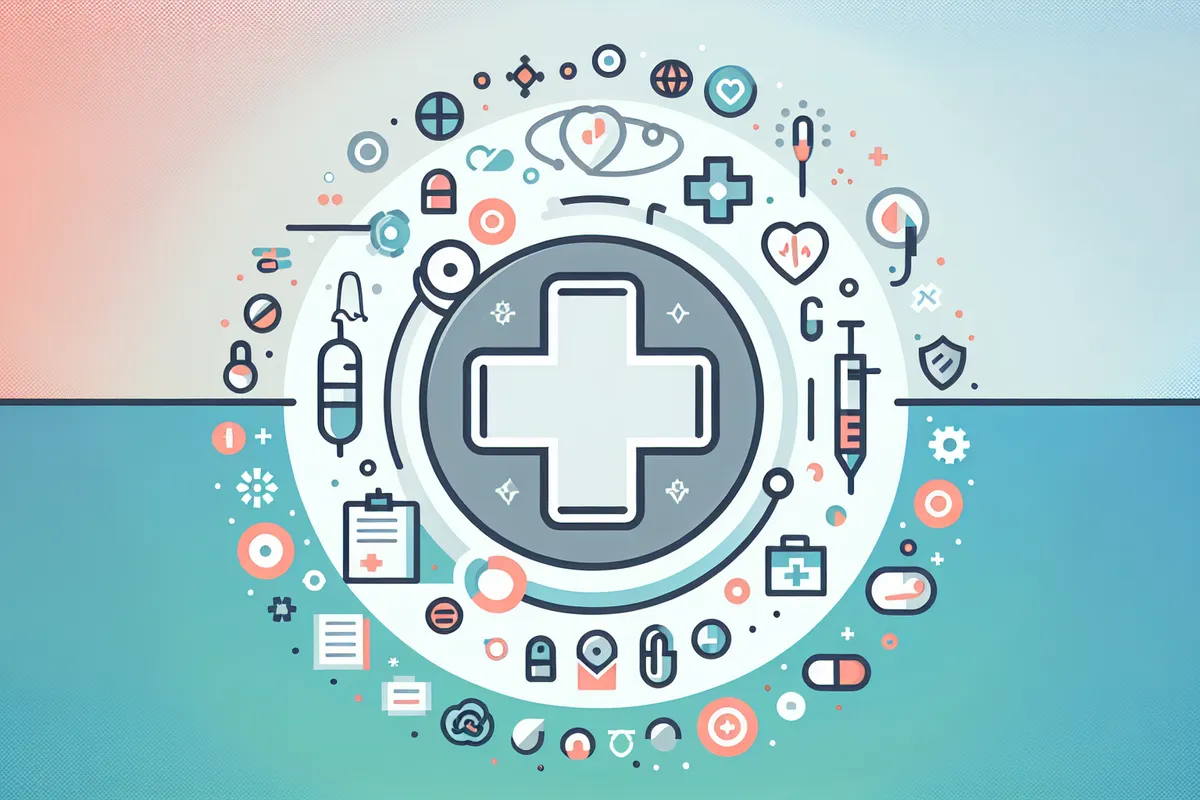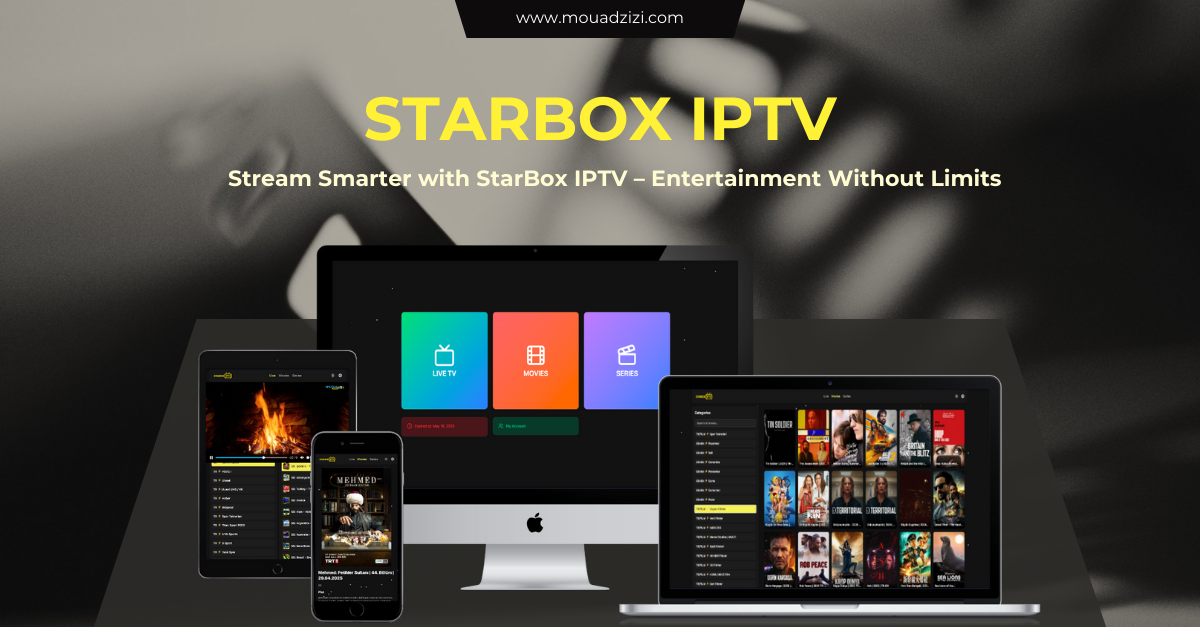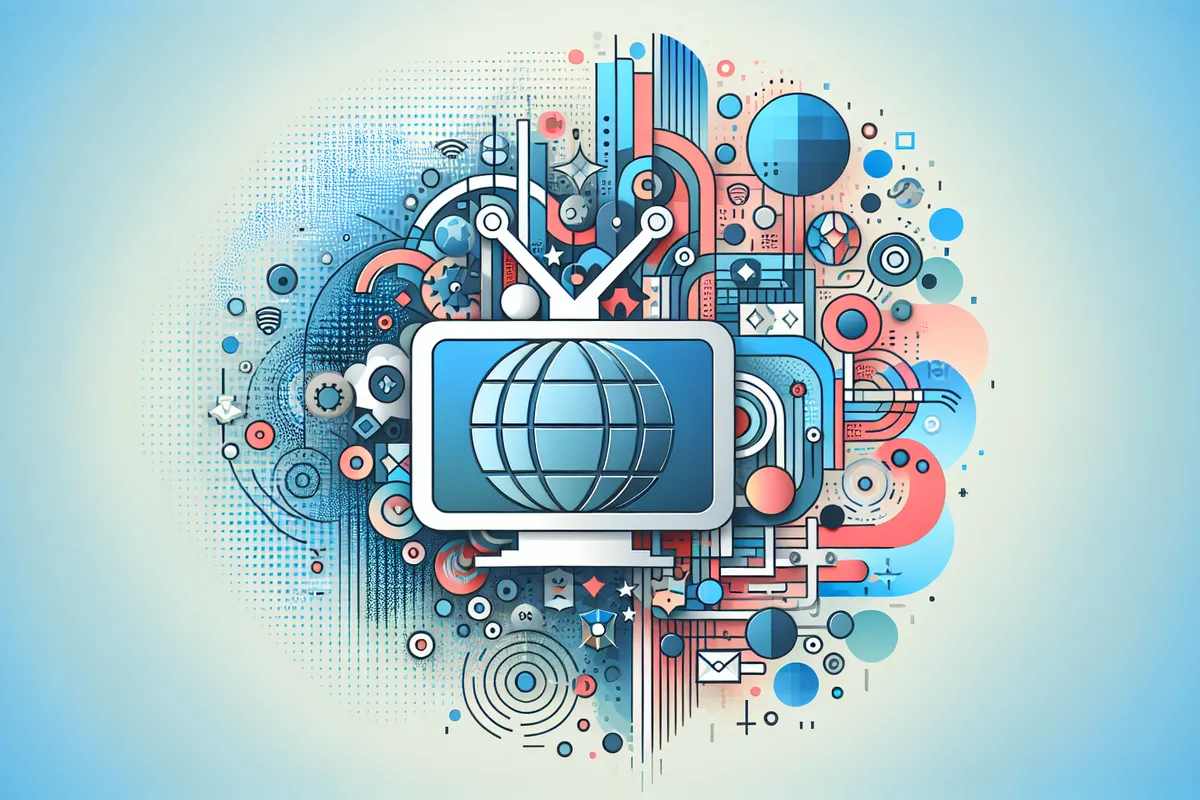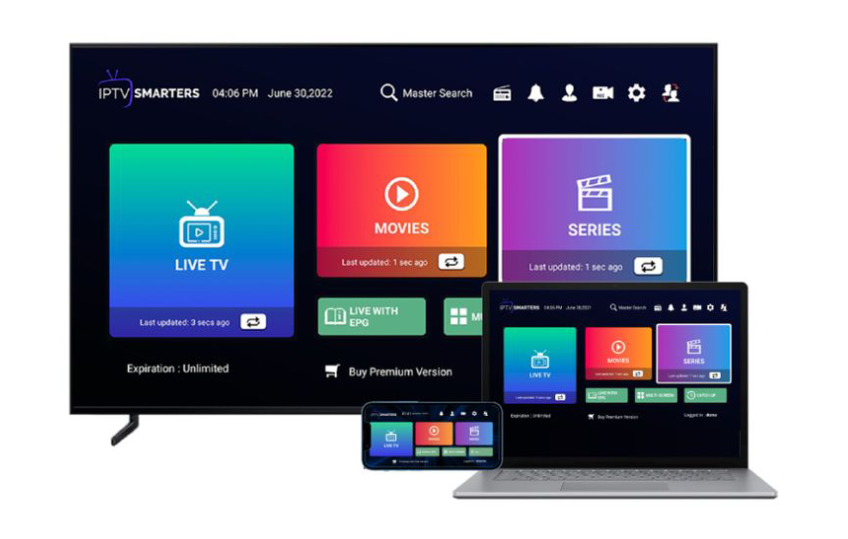How a Doctor-Patient App Can Help Patients Understand Medications and Improve Healthcare

Mouad Zizi
11-03-2025 22:04
How a Doctor-Patient App Can Help Patients Understand Medications and Improve Healthcare
In the digital age, healthcare technology has transformed the way patients and healthcare providers interact. One of the most impactful innovations is the doctor-patient app, which plays a crucial role in medication management and overall healthcare improvement. This article explores how these apps can enhance patient communication, ensure HIPAA compliance, and provide effective medication tracking and reminders.
The Role of Doctor-Patient Apps in Medication Management
Medication management is a critical aspect of patient care. Doctor-patient apps offer several features that assist in this area, including:
- Medication Tracking: Patients can keep a digital record of their medications, dosages, and schedules, reducing the risk of errors.
- Medication Reminders: Automated alerts remind patients to take their medications on time, enhancing adherence to treatment plans.
- Patient Education: These apps provide valuable information about medications, helping patients understand their treatment and its importance.
Enhancing Patient Communication with Healthcare Technology
Effective communication between patients and healthcare providers is essential for successful treatment outcomes. Doctor-patient apps facilitate this by:
- Instant Messaging: Patients can send messages to their healthcare providers, ensuring quick responses to their queries.
- Electronic Health Records (EHRs): Access to EHRs allows patients and providers to review medical history, lab results, and treatment plans seamlessly.
- AI in Healthcare: Artificial intelligence can analyze patient data to offer personalized insights and recommendations.
Ensuring HIPAA Compliance in Healthcare App Development
When developing a healthcare app, ensuring HIPAA compliance is paramount to protect patient privacy and data security. Doctor-patient apps must adhere to strict guidelines to maintain confidentiality and integrity of patient information.
- Data Encryption: Sensitive health data is encrypted to prevent unauthorized access.
- User Authentication: Multi-factor authentication and secure login procedures are implemented to verify user identity.
- Regular Audits: Routine checks are conducted to ensure the app complies with HIPAA regulations.
In conclusion, doctor-patient apps are revolutionizing healthcare delivery by improving medication management, enhancing patient communication, and ensuring data security through HIPAA compliance. As healthcare app development continues to evolve, integrating advanced technologies like AI will further enhance these benefits.
If you like to build a project, I offer this service. You can check my services or products and feel free to contact me.
For more insights and guidance on healthcare technology, visit the Mouadzizi tech guide to stay informed about the latest trends and innovations in the field.
Related Articles


